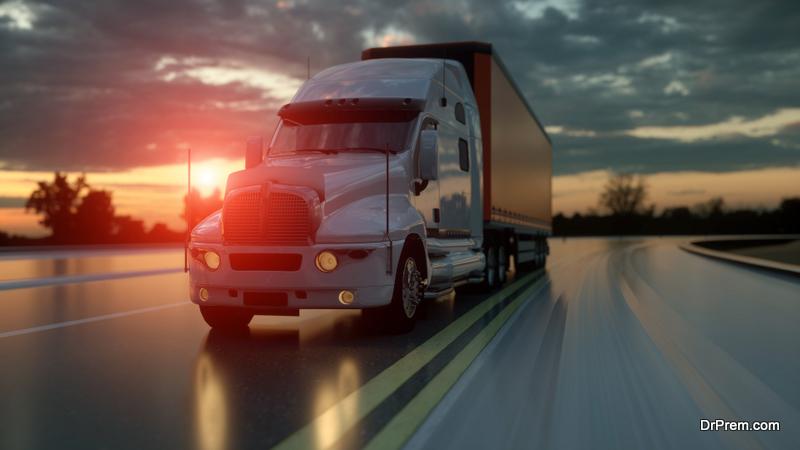Have you ever gotten nervous on the highway when driving close to a colossal 18-wheeler?
You might get even more startled if the truck has no human driver behind the wheel. Self-driving trucks are on the roads today, and more of them are expected in the future. You’ll have to adjust to it because the future is autonomous driving.
No one wants to envision a scenario where they get into an accident involving a big truck — much less one that’s operated autonomously. But accidents do happen. If you are hurt after an accident, you’ll want to contact a reputable and experienced truck accident lawyer. The lawyer will help figure out who is responsible if a self-driving truck hits your vehicle on the road.
You’ll want a lawyer to help you get what you deserve. It could be a long road to recovery. And you may have to take time off work, seek medical attention, and even go for regular physiotherapy sessions.
Despite some questions and concerns surrounding self-driving trucks, have you stopped to consider the potentially positive impact such vehicles can have on the environment? Continue reading to see three ways self-driving trucks can be eco-friendly. Who knows? You might feel more comfortable sharing the roadways and highways with these vehicles.
1. Greater Efficiency
One of the environmental benefits of autonomous trucks is better efficiency. Self-driving vehicles tend to provide a smoother driving experience. So, you won’t find self-driving trucks erratically accelerating or excessively braking. The vehicles will get a greater range between recharging since human drivers won’t be operating them. A truck with a fossil fuel engine will negatively impact the environment in a way that a self-driving electric truck won’t due to fuel and emissions. Autonomous trucks stand to lessen any adverse environmental impact.
In addition to being more environmentally friendly, autonomous trucks will save their owners money. Instead of spending time and money at gas stations, self-driving trucks will run on electricity. Yes, that will cost something. But the cost won’t be nearly as high.
2. Reduce Traffic Congestion
Owners can deploy self-driving trucks during off-peak hours to move cargo. The benefit of doing this is that it can help lessen traffic congestion during the busiest time of the day. And by taking a bunch of 18-wheel trucks off the road during rush hour, there will be less stop-and-go traffic. So, using autonomous trucks when the roads are less congested will be good for the environment.
3. Lower Carbon Footprint
If trucking businesses can do more with less, they can reduce their carbon footprint. Using self-driving trucks means businesses can right-size their operations. While no business wants to lay off workers needlessly, autonomous trucks mean trucking companies can do more with fewer workers. Employee activities in the workplace contribute to a company’s carbon footprint. If truckers can sensibly trim their workforces, they can help reduce their carbon footprints.
If the idea of having self-driving trucks racing up and down the highway still startles you, you’ll be glad to know that it’ll still be a while before this becomes a widespread reality. Autonomous trucks operate in some states, but they’re not as prevalent as they will be in the future.
Advancements in the autonomous driving space over the last few years show that self-driving trucks aren’t some passing trend. Vehicles are increasingly being equipped with technology that will eventually see many self-driving cars, trucks, and other vehicles navigating the roadways and highways. In fact, it may one day seem perfectly normal for motorists.
And it’s nice to think that autonomous electric trucks can have a more positive environmental impact than fossil fuel-powered trucks operated by human drivers.
Article Submitted By Community Writer




